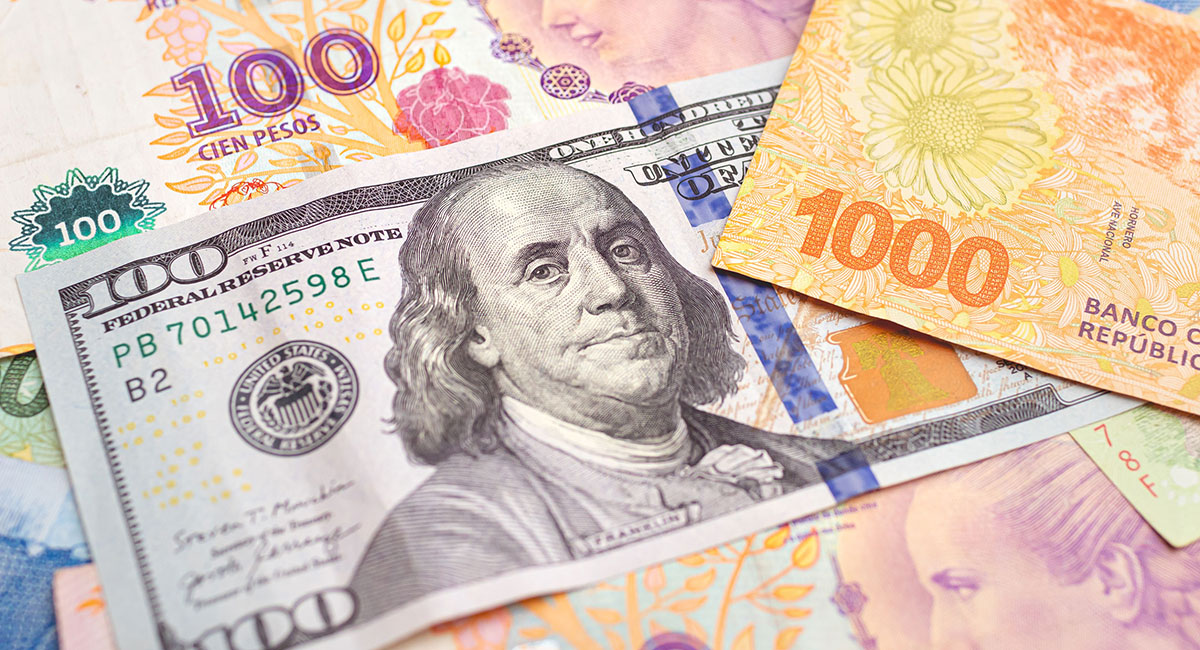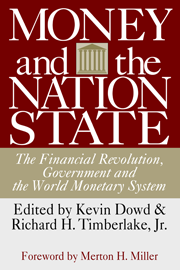Introduction
Inflation is Argentina’s biggest current problem. It is causing economic instability and widespread poverty. Argentina is in recession at a time when the rest of the world is growing, including most of its major trading partners. By my measure, inflation has soared to 239 percent per year (as of November 9, 2023). Attempts to prevent the exchange rate from reflecting the full extent of inflation have distorted Argentina’s trade with the rest of the world, leading to shortages of goods and lost production. The Argentine peso is so little trusted that Argentines already conduct transactions in U.S. dollars when they can. These transactions are beneficial to all parties involved and conducive to economic growth and social order even though many of them are illegal simply for occurring in dollars. Argentina has one of the world’s highest levels of unofficial dollarization.
And yet, the idea of fully, officially dollarizing Argentina and eliminating the peso has received vigorous criticism from scores of Argentine and other economists, politicians, pundits, and other observers. They are so ideologically committed to central banking that they cannot acknowledge that Argentina’s current monetary system, run by the BCRA, is a disaster, with no prospect of reform soon.
In many previous writings, I and others have addressed various objections to full dollarization in Argentina and elsewhere. I am one of the few economists with experience as an official adviser on dollarization, having been involved in establishing it in Montenegro in 1999 and in implementing it in Ecuador in 2001. Because many misconceptions about dollarization persist, I have collected the most common objections to dollarization and refutations of them for convenient reference in this short paper.
Again, I am not connected with the campaign of Javier Milei to be president of Argentina. The views here, especially the ideas about potential policies to implement dollarization, may differ from those of Milei and his advisers. A sufficiently rapid deterioration of the peso may force full dollarization no matter what the winner of the presidential election wants, affecting how dollarization is implemented.











